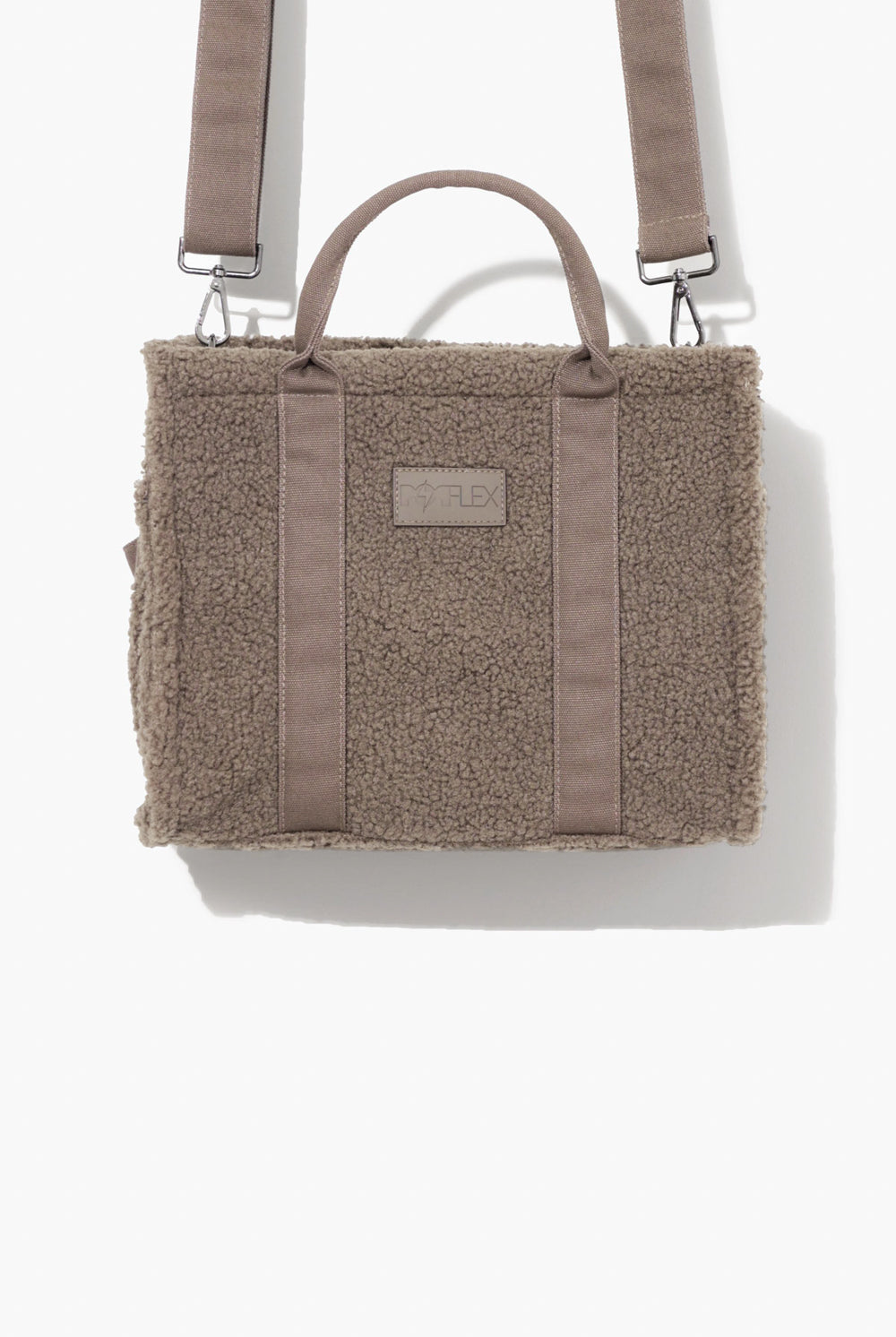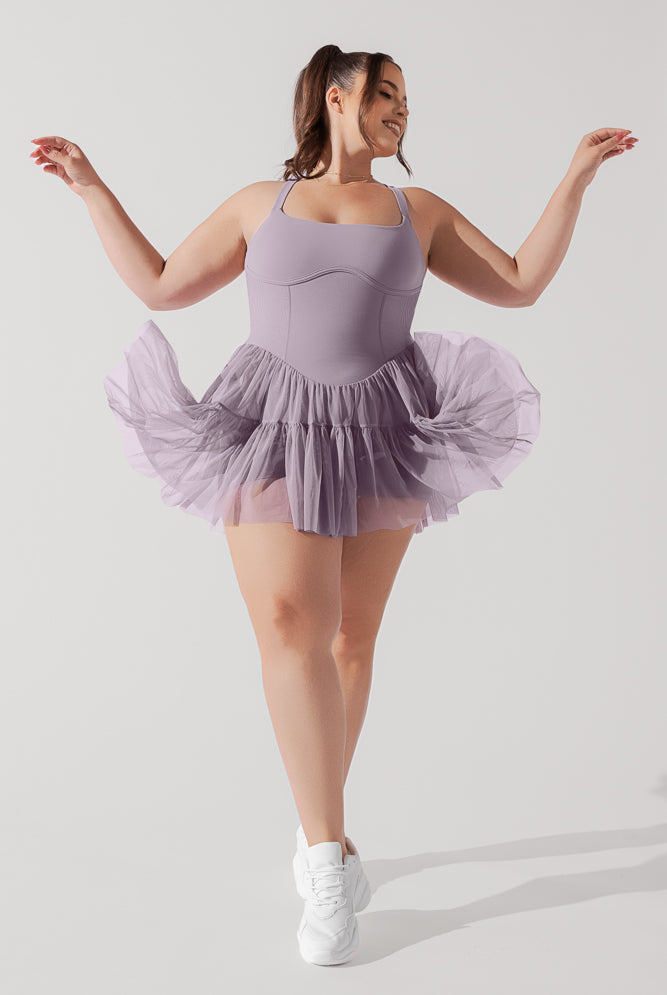Ready for an understatement? We - all of us - are going through a lot right now.
However, we need to realize that some of us may be suffering more than others.
All of us are confused, sad, and angry. We're all scrambling to figure out how to understand what's going on, and how best to help.
Today, let's start with something small. Let's start with how to support our BIPOC friends and family during this time.
1. Don't say 'I understand.' Don't say 'I'm shocked.'
The intuitive response in times of crisis is empathy and bonding over shared grief. It's true: We're all hurting, and that's real. However, non-BIPOC people have to start by realizing that they can never truly understand the legacy of suffering BIPOC persons share.
Educate yourself - but not so that you can understand. Do it so you can stand with your BIPOC brothers and sisters as we all seek to make our world a safer, more compassionate place.
Great resources to start with are Cup of Jo's On Becoming Anti-Racist and Teen Vogue's Beyond the Hashtag.
2. If you have the ability, think about shifting some of your purchases to BIPOC-owned stores.
Persons of color represent a growing fraction of our population; yet our dollars tend to go disproportionately to non-BIPOC businesses. Trying to make sure that 15% of our expenses go to BIPOC-owned establishments is a good place to start, as is supporting major retailers who pledge to source their merchandise in a similar way.
This directory is a great resource to use to figure out which online retailers and stores in your local communities are black-owned.
3. Follow BIPOC accounts on social media.
In today's Internet age, making sure that your feeds are diverse can help you stay informed and show support where it is needed most. Taking a few minutes the next time you're scrolling through Instagram to follow BIPOC-owned accounts or accounts aimed at positive education is a great place to start.
Curious where to begin? Check out these Insta handles:
- @rachel.cargle
- @soyouwanttotalkabout
- @ava
- @naacp
- @vinticouture
- @eji_org
- @cleowade
- @therachlindsay
- @officialblackwallstreet
4. Be truly compassionate for your BIPOC friends and family.
Have you heard about Susan Silk's Ring Theory? Start by drawing a circle, she says. In the very center goes the person experiencing trauma. Draw a circle just around that first one; that circle will represent the closest family and friends of the afflicted person or persons...and so on, and so forth, with larger and more removed circles representing people further from the initial source of grief.
Her theory is simple: If you're in the middle of the circle, or on a comparatively smaller ring, you get to accept help and express pain. If you're not, it's your job to give comfort. Send flowers, make meals, listen to those afflicted as they process what's happening. And then show your support by taking tiny steps to make our world more fair.
We're all suffering. We're all in pain. However, it is not helpful for non-BIPOC people to dump their confusion and shock onto BIPOC persons at this time.
5. Start (peacefully, positively) calling out racism when you see it.
If you haven't done this already, now is an excellent time to start. Sure, it's going to feel uncomfortable. You're absolutely going to have to speak to people you might not have otherwise, or get real with elderly relatives from time to time.
Remember to be gentle, but firm. Racism has never been remotely okay, but these last few weeks have made it clear that we need to do more than just not be racist. We all have to be actively anti-racist to make sure that we're all able to thrive happily and safely together.
Guys. This is a hard time. If you're confused, if you're sad, that's normal. (Remember: we're still going through a GLOBAL PANDEMIC.) Let's find ways to band together and support those who need it most. If we work together, we'll get through this. Start small, stay safe, and stay strong. 💛














